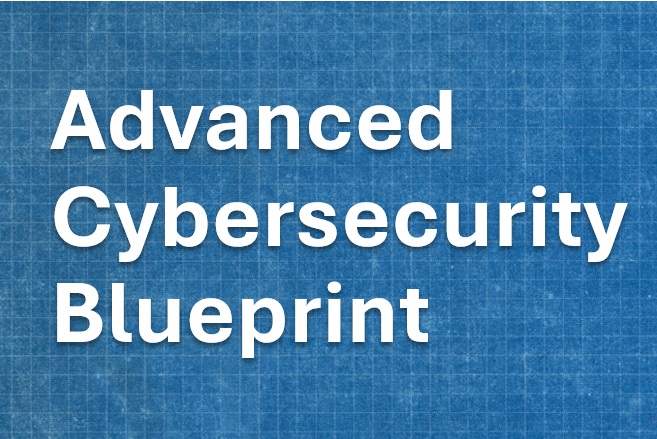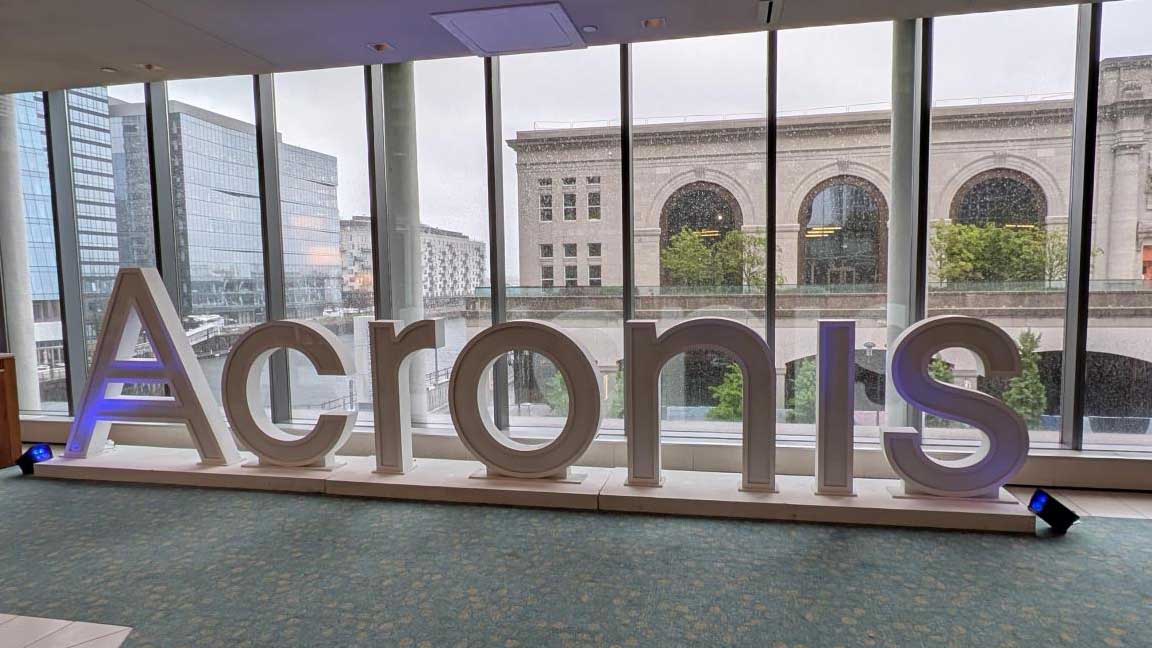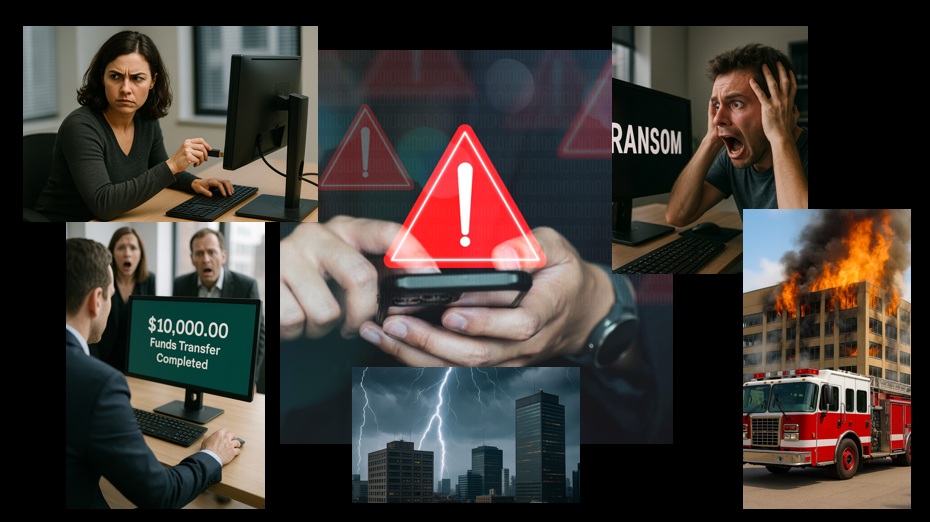Robb Moore Talks Data Protection and the SMB
Why should VARs consider the ioSafe, an external hard drive designed to withstand a fire or flood? The company’s CEO makes the case.
By Cecilia Galvinalvin
 For about $150, ioSafe sells the 500GB ioSafe Solo, an external hard drive designed to withstand a building fire or immersion in water–think flood–for up to three days. Robb Moore, the company’s CEO, spoke with us to lay out his vision for why VARs should consider the product when talking to clients about adding a disaster recovery and business continuity product to their security arsenal.
For about $150, ioSafe sells the 500GB ioSafe Solo, an external hard drive designed to withstand a building fire or immersion in water–think flood–for up to three days. Robb Moore, the company’s CEO, spoke with us to lay out his vision for why VARs should consider the product when talking to clients about adding a disaster recovery and business continuity product to their security arsenal.
ChannelPro-SMB: What is the ioSafe Solo value proposition for SMBs?
Moore: The value ioSafe brings to the SMB in particular is the ability to easily and cost-effectively add disaster recovery and business continuity–the smaller the business, the harder it is to add these components. Small business owners are busy and don’t have the time or resources to protect themselves. It makes sense for small healthcare providers that must be HIPAA-compliant or businesses that handle credit card transactions, or even for government entities.
ChannelPro-SMB: So is ioSafe an easy sell for VARs?
 Moore: Yes. The data storage requirements of almost every entity are growing exponentially–I think the figure I heard was that storage requirements were increasing by 120 percent year over year. I wish my money was compounding that fast.
Moore: Yes. The data storage requirements of almost every entity are growing exponentially–I think the figure I heard was that storage requirements were increasing by 120 percent year over year. I wish my money was compounding that fast.
I think the perception is that the cloud will save everything; everyone will store their data there. But I don’t see the speed of my Internet connection compounding at 120 percent per year, so where is all that data going to go? All the emails, scanned prescription bottles, digital images, surveillance video? There is all this data that small businesses are storing that is critical. If they lost it, would they be able to restart their businesses?
A lot of people are buying storage, but what about disaster proofing it? VARs that sell into this space know it’s a tricky problem to resolve. Their customers can’t afford to have Iron Mountain come by every day and pick up their hard drives for $1,000 or $1,500 a month–it’s just not going to happen. And customers have so much data that they can’t trickle it online either. So they store it in hard drives and maybe the CEO or the president of the company throws them in the truck once a month and takes them home.
But humans forget. And the day they have a fire will be the day they forgot to bring home the drives, and they will have lost the last couple of weeks’ or last few months’ worth of data. So VARs can bring storage with a couple extra layers of protection to the table. Part of “VAR” is value-added–this is an opportunity for VARs to teach customers what’s available out there to help them survive.














